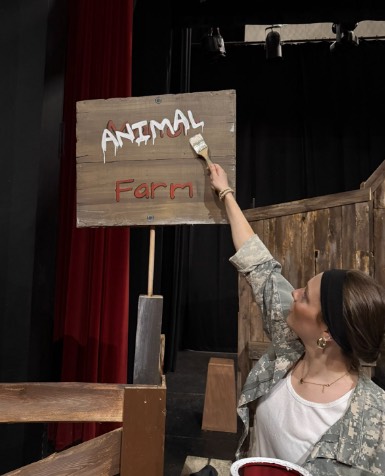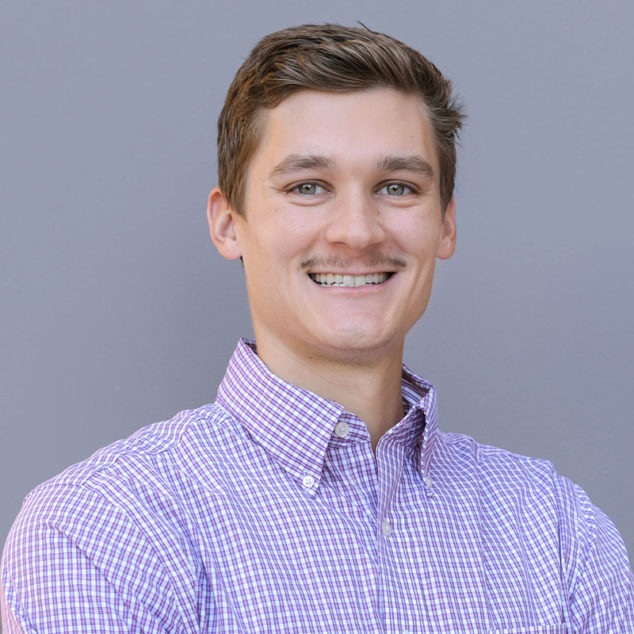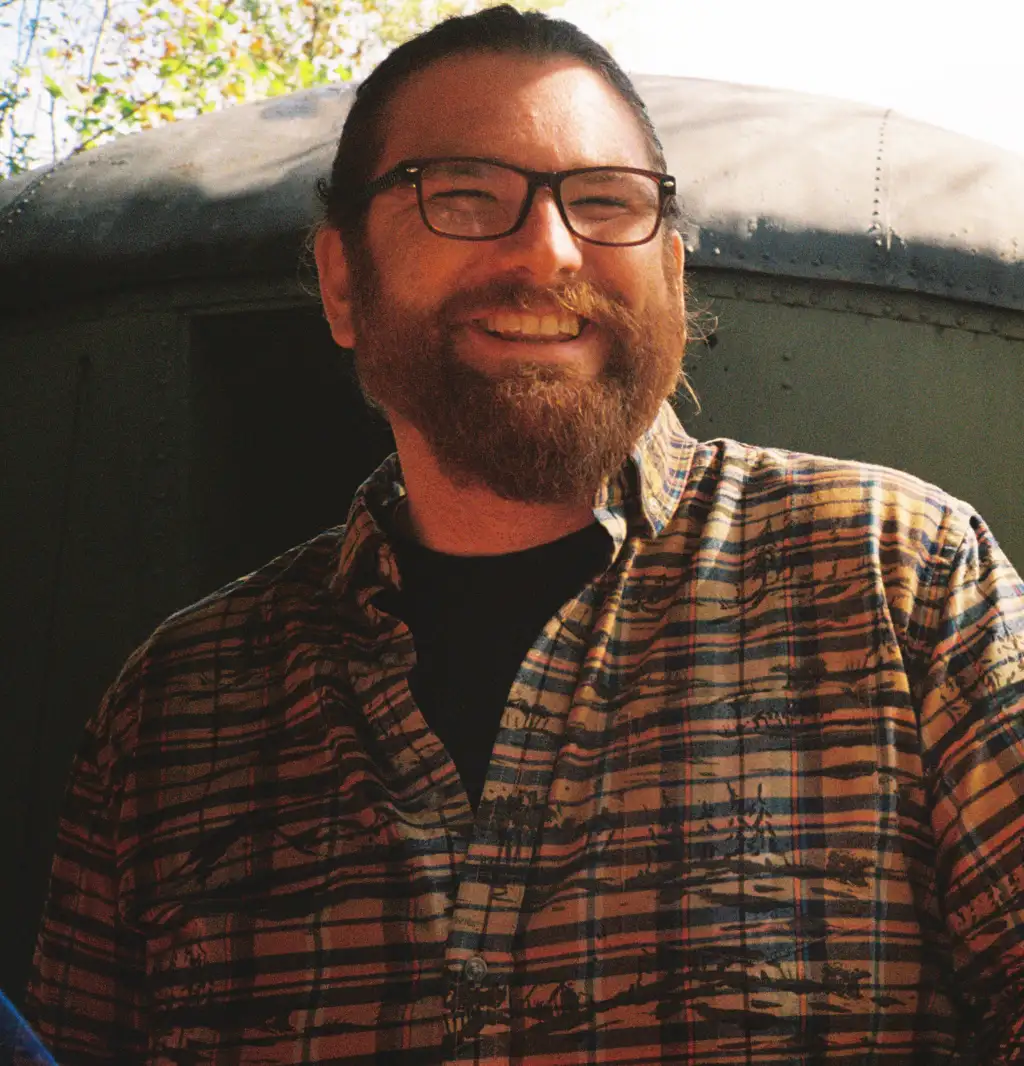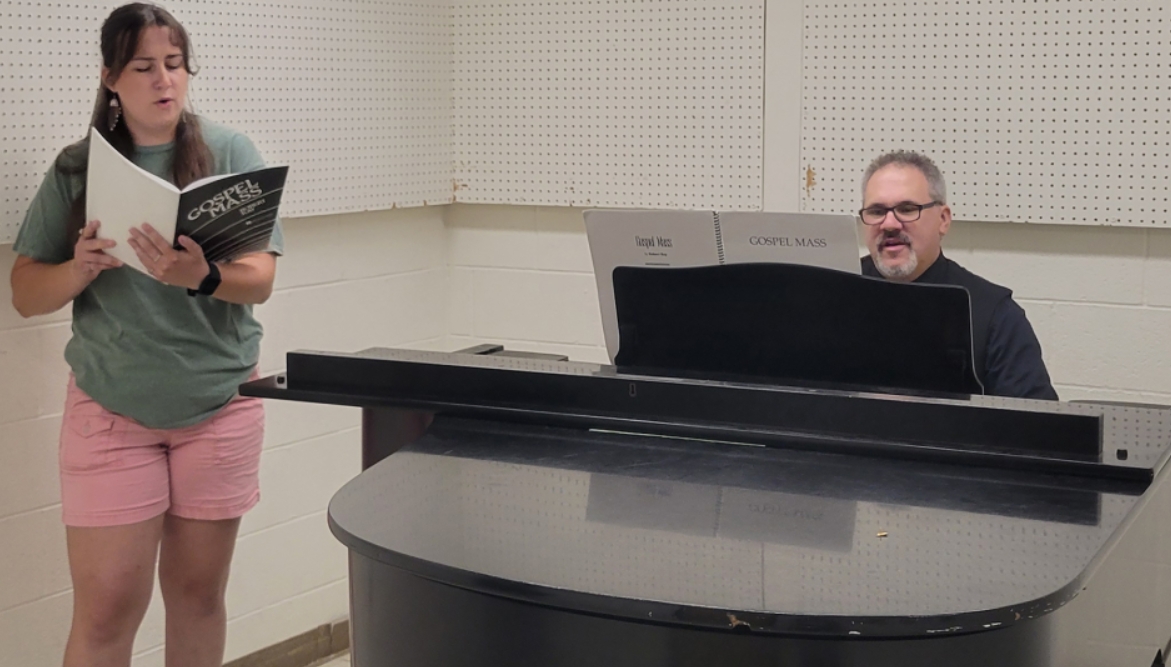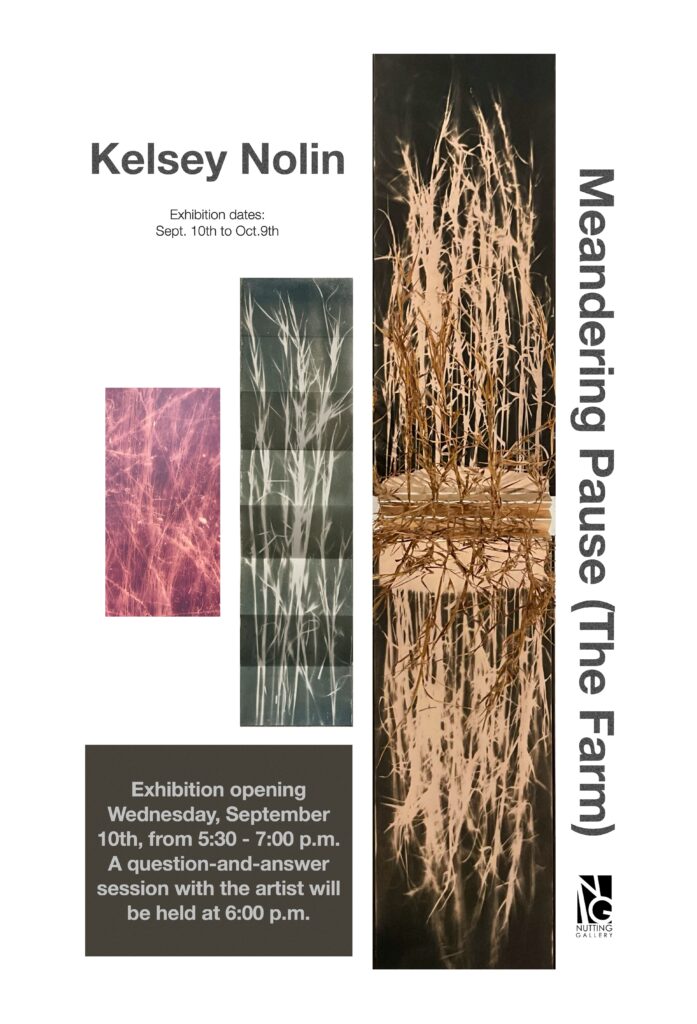By Ana Berbel, Distribution Manager
On Sept. 21, West Liberty’s nursing program held the annual white coat ceremony marking the third-year and BA-BS to BSN students’ transition into the professional field.
This year, 25 junior nursing students donned their white coats as well as 10 students in the initial BA-BS to BSN program.
“Several years ago, the Arnold P. Gold Foundation and the American Association of Colleges of Nursing joined forces to encourage nursing programs around the country to begin White Coat Ceremonies and to emphasize compassion as a necessary attribute of health care professionals,” said Dr. Rose Kutlenios, who is the nursing program director for the College of Science. “In the Fall of 2015, the West Liberty Nursing Program obtained a $1,000 grant from the Arnold P. Gold Foundation to begin the tradition of a Nursing White Coat Ceremony.”
The keynote speaker this year was Scot Malson, Director of Nursing at Ohio Valley Medical Center and an alumnus of West Liberty’s nursing program. During the ceremony, students were called onto the stage to receive their white coats.
“The officers of the Student Nurses Association, Kimber Boord, Jennifer Crowe, and Rose Frashure, assisted each student with donning the white the white lab coat,” explained Kutlenios. “These same SNA officers then led the junior nursing students in the recitation of the White Coat Ceremony Oath in which they pledge to accept the duties and responsibilities that embody the nursing profession.”
Nursing students work hard through their college career and the White Coat ceremony is a way of welcoming them into the field and congratulating them for their hard work.
This year, students were welcomed into their roles as student nurses by President Stephen Greiner, Dean Robert Kreisberg, and Program Director Kutlenios.
“To me, the white coat ceremony signifies a beginning for students not only in the hospital, but as a step in the right direction towards the future. The ceremony is about entering our desired profession of nursing,” explained nursing student Kelsey Newman.
“Being a nursing major is not only physically but mentally exhausting. It’s definitely a lot of paperwork. Being able to think critically about scenarios is what I find the most difficult,” said Newman. “I love being able to work in the clinical lab, as well as take care of real people at the hospital. Even though the program is very demanding, I try my best to take it week by week.”
Photo credit: Media Relations



